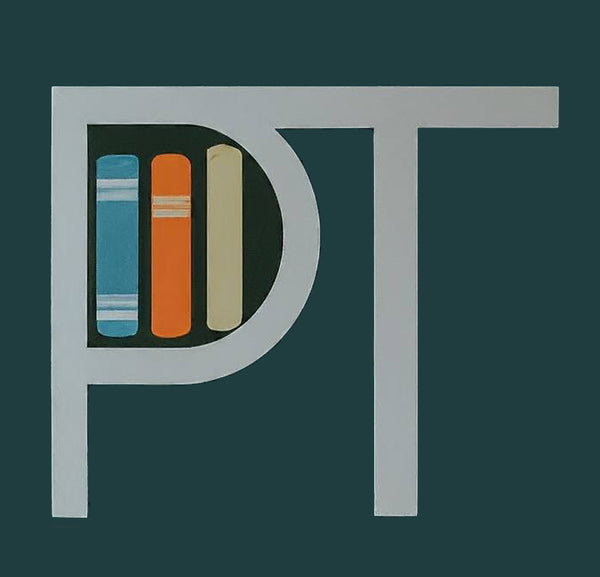
Knowledge is often referred to as power, but what does that really mean? At its core, knowledge is the accumulation of information, skills, and understanding that allows us to navigate the world. But it goes beyond that—knowledge empowers us to make better decisions, improve our lives, and contribute positively to society. Here’s how knowledge can transform both individuals and communities.
Knowledge Fuels Personal Growth
When we learn new things, we expand our perspectives. It’s like adding more tools to a toolkit. Whether it's learning a new language, mastering a craft, or understanding complex subjects like science or history, knowledge boosts our confidence and self-sufficiency. More importantly, it allows us to adapt to new situations and challenges. In a rapidly changing world, continuous learning is key to staying relevant.
Knowledge Promotes Critical Thinking
With knowledge comes the ability to think critically. Instead of taking things at face value, informed individuals are able to analyze, question, and draw logical conclusions. Critical thinking helps in making reasoned decisions, avoiding manipulation, and understanding the broader implications of our actions. In a world full of misinformation, the ability to discern fact from fiction is more valuable than ever.
Knowledge Breaks Down Barriers
Throughout history, knowledge has been the force that breaks down social, economic, and cultural barriers. Access to education and information has empowered individuals from marginalized communities to challenge the status quo and create social change. Knowledge has the potential to level the playing field, giving everyone an opportunity to succeed, regardless of their background.
Knowledge Enhances Society
On a societal level, knowledge is the foundation of progress. Advances in science, medicine, and technology have improved quality of life globally. Innovations like electricity, the internet, and modern medicine all stem from the cumulative knowledge of generations. Societies that prioritize education and the sharing of knowledge tend to thrive, while those that restrict it often lag behind.
Knowledge is Freedom
Perhaps one of the most significant aspects of knowledge is that it offers freedom—freedom from ignorance, fear, and dependency. When people are informed, they are better equipped to make choices about their health, finances, and futures. In a broader sense, knowledge is what drives democratic societies, where citizens are empowered to make informed decisions about governance.
Conclusion
The power of knowledge is undeniable. It drives innovation, fosters growth, and promotes equality. In a world where information is more accessible than ever, there’s no limit to what we can achieve with the right knowledge at our fingertips. By seeking, sharing, and applying knowledge, we not only improve our own lives but also contribute to a brighter, more enlightened world.
